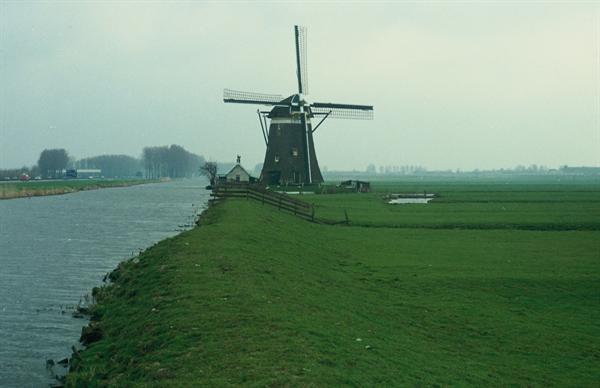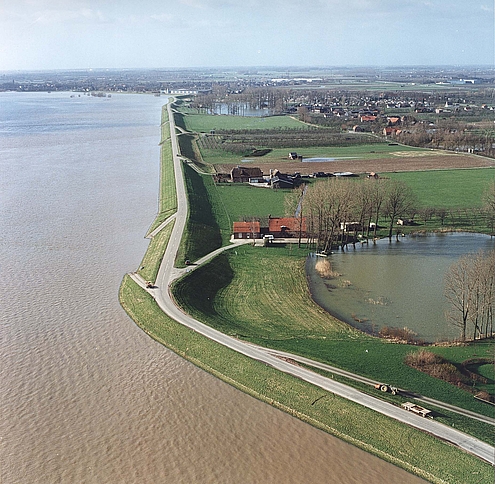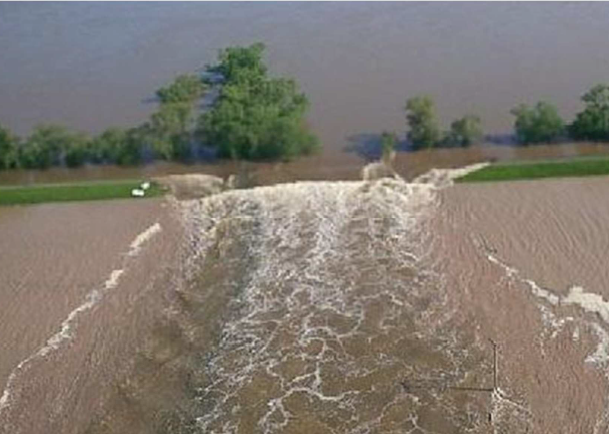Reliability of Flood Defences
Dikes and levees play a crucial role in flood protection in deltaic areas such as the Netherlands. The probability of failure (reliability) of flood defences is mainly determined by their height and geotechnical stability. Backward erosion piping or under-seepage is a major cause of levee failures and a main contributor to the probability of failure of river levees due to the large (mostly geotechnical) uncertainties. Slope instability is of similar importance.
This research area investigates the influence of (ground-related) uncertainties on the probability of failure (or equivalently the reliability) of flood defences and how the uncertainties can be reduced.
The results of the research activities aim to contribute to better understanding of flood defence reliability, (cost-) optimised designs and site investigation, and hence, ultimately to sound flood protection at the lowest possible societal cost.
Research topics include:
- Reliability analysis of flood defences
- Estimation of uncertainty and variability of (geotechnical) properties (e.g random fields)
- Application of reliability analysis methods with failure models (e.g. FEM)
- Reliability-based design optimization
- System reliability analysis of multiple flood defences
- Bayesian analysis and reliability updating
- Risk-based site investigation (using decision analysis)
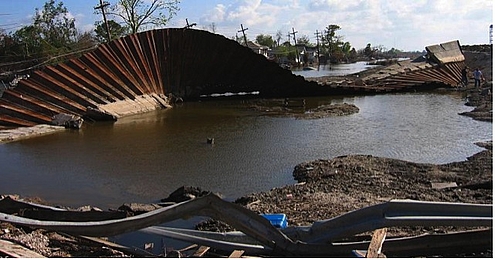
Selected projects
Spatial variability and piping
The PhD thesis by <link en ceg about-faculty departments hydraulic-engineering sections hydraulic-structures-and-flood-risk staff kanning-w>Wim Kanning (2012, The weakest link – Spatial variability in the piping failure mechanism of dikes) investigated how the influence of spatial variability in ground properties could be appropriately accounted for in reliability assessments of dikes related to the piping failure
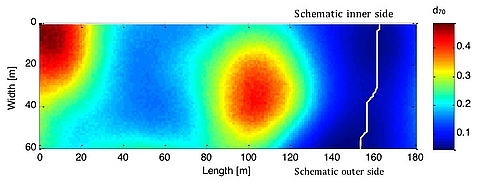
Reducing uncertainties using Bayesian analysis
The PhD thesis by <link en/ceg/about-faculty/departments/hydraulic-engineering/sections/hydraulic-structures-and-flood-risk/staff/schweckendiek-t/>Timo Schweckendiek</link> (2014, On reducing piping uncertainties: A Bayesian decision approach) showed how ground-related uncertainties related to backward erosion piping can be reduced by using field observations (e.g. sand boils) or pore water pressure monitoring. The results directly lead updated probability of failure, using the concept of Bayesian reliability updating. Decision analysis is used to quantify the value of information of (additional ) site investigation.
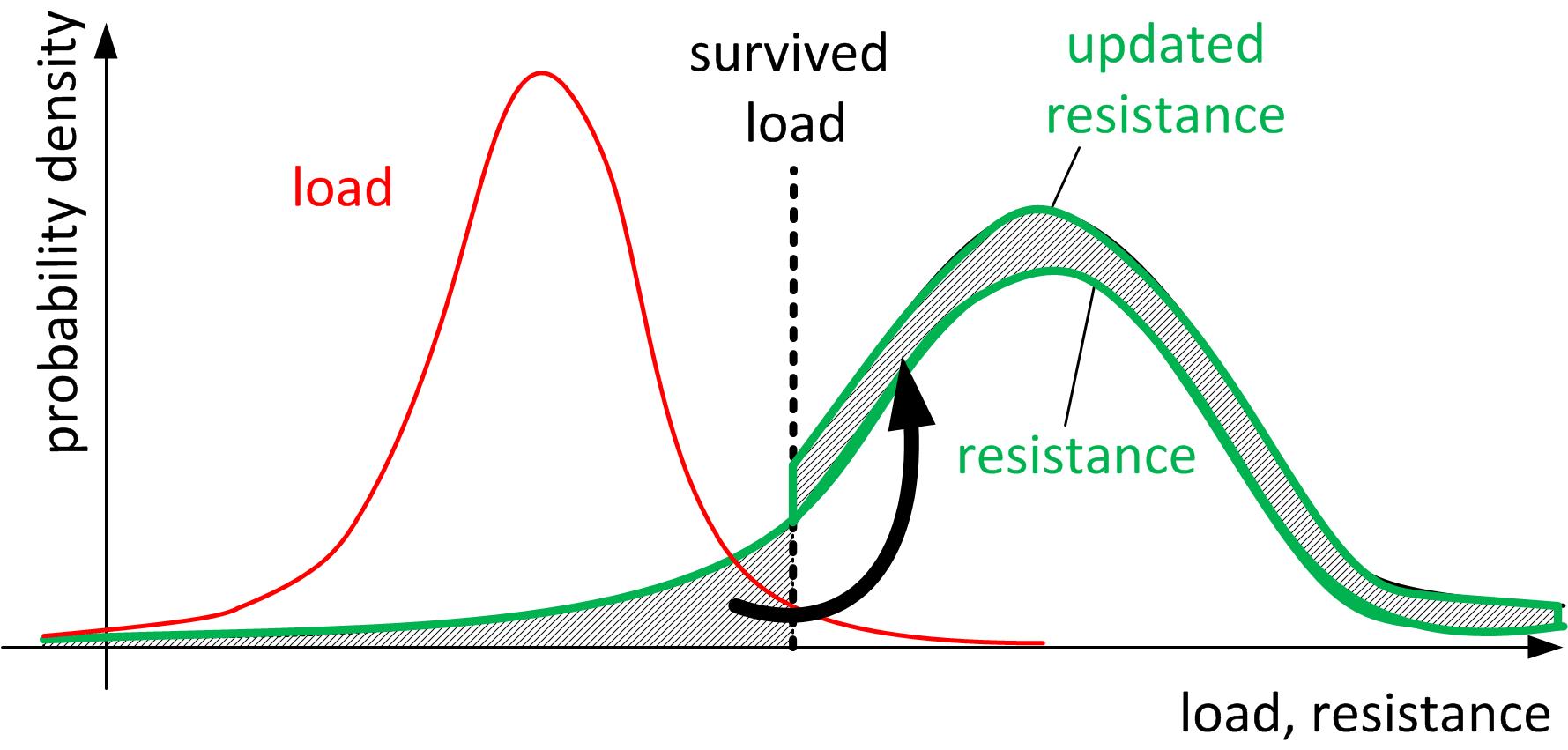
System reliability analysis of multiple flood defences
<link en/ceg/about-faculty/departments/hydraulic-engineering/sections/hydraulic-structures-and-flood-risk/staff/roscoe-k/>Kathryn Roscoe</link> looked at several aspects to improve the reliability analysis of flood defense systems, taking into account the dependencies and correlations between different failure modes, different elements or structures, and the auto-correlations in space leading to the so-called length-effect. She defended her PhD thesis in 2017: Bayesian networks for levee system reliability.
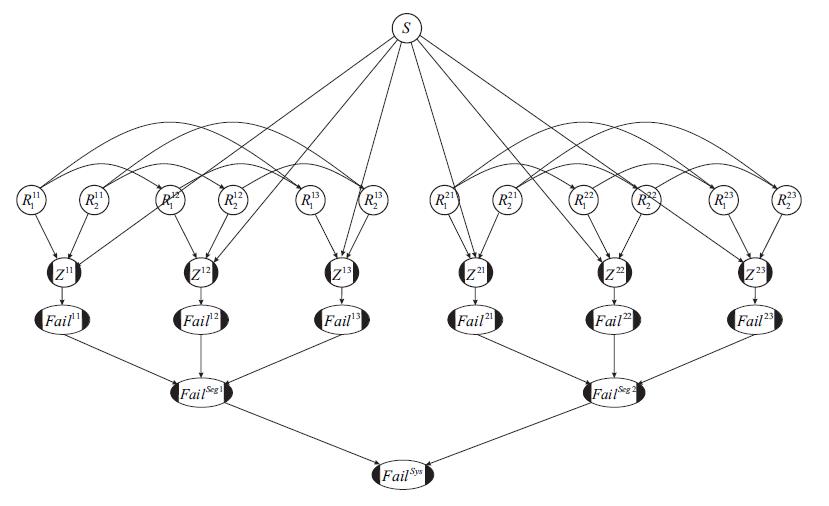
Reliability of regional flood defences
Regional flood defences such as canal levees often have different characteristics than primary flood defences (e.g. river or sea dikes) and exhibit different dominant failure behaviour. For example, the crucial loading of canal dikes typically occurs during extreme precipitation events or extreme draught, as opposed to extreme water levels in rivers. Though the consequences of failure of regional dikes are less severe, there is a great need for sound assessment and design methods and tools, as the regional system comprises roughly 15,000 km of flood defences alone. Currently, PhD students Kasper Lendering and Stephan Rikkert are working on this topic for the Research Foundation of Dutch Water Authorities (STOWA).
